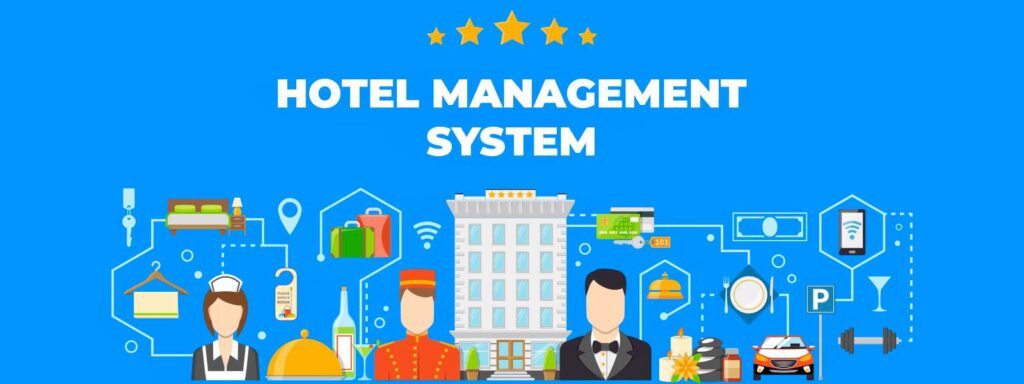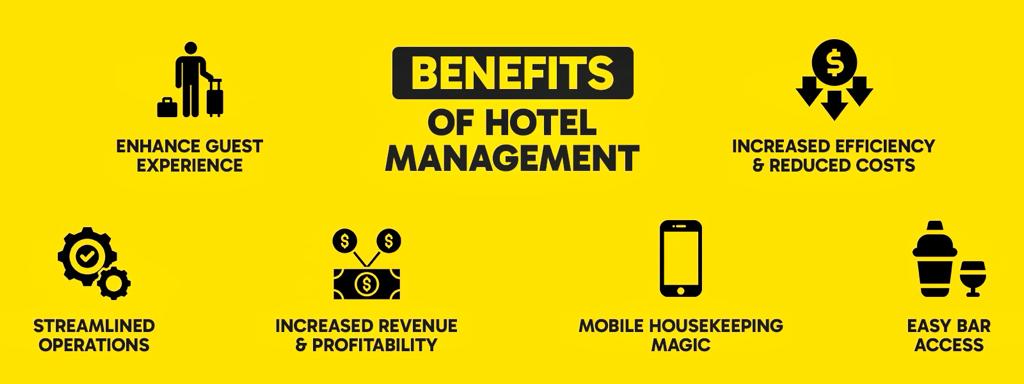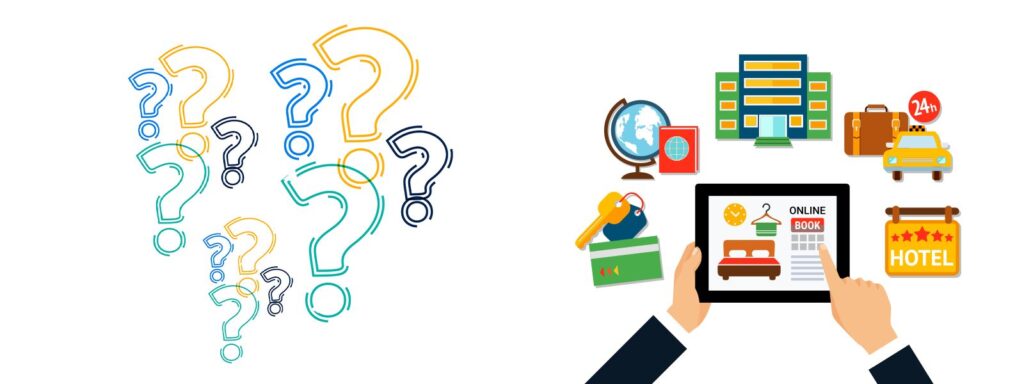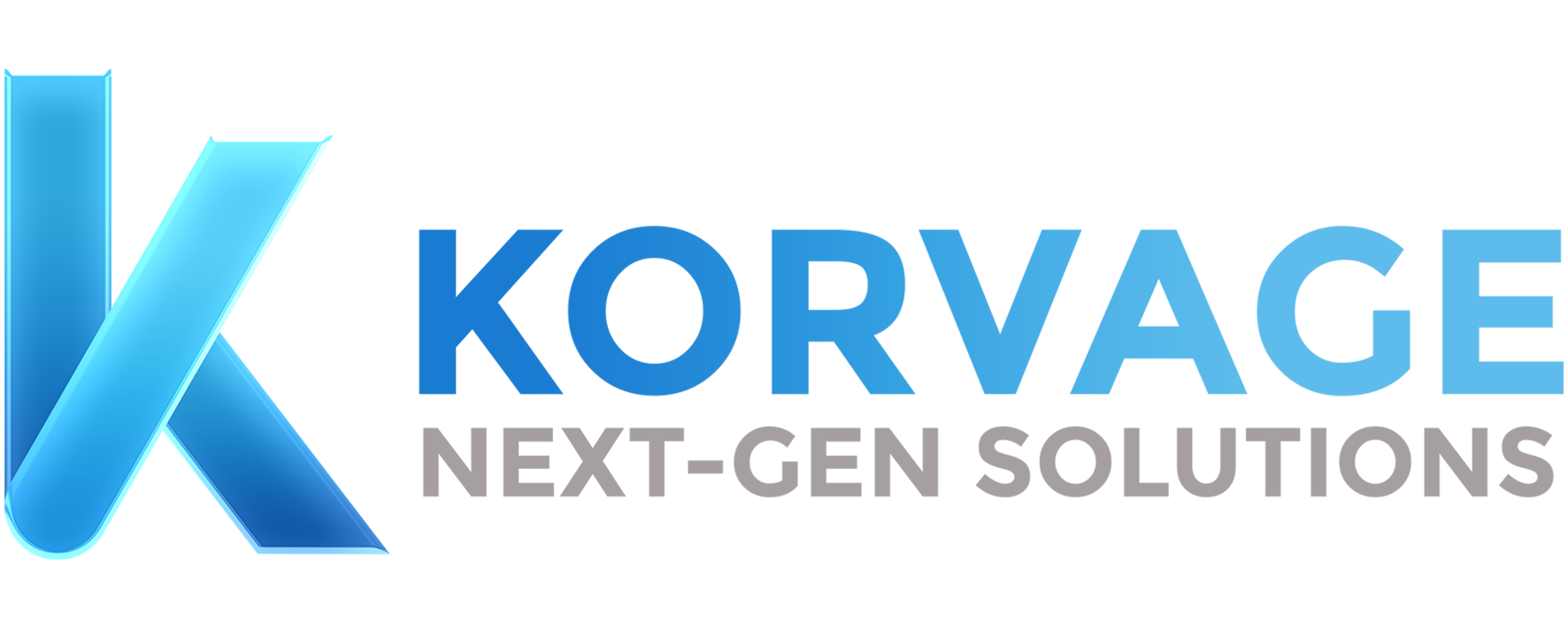Why Does Hotels Need a Management System

Hospitality is all about making people feel welcome, comfortable and valued. It’s about creating an atmosphere of warmth and friendliness, whether you’re welcoming guests into your home or in a hotel. Hospitality in hotels goes beyond just providing a bed to sleep in—it encompasses everything from friendly customer service to creating memorable experiences for their guests.
Hotels play a crucial role in the travel & tourism industry which has become a very competitive space to be in. To stand out from others, the management have to focus on their core responsibility which is “ hospitality “. Guests remember the warm welcome, the attentive service, and the extra touches that make their stay special. This positive experience encourages them to return in the future and recommend the same hotel to others.
Benefits of Hotel Management System

In the hotel industry efficiency & guest satisfaction are paramount. The only way you can go one level up than others in the industry is by offering value to the customers & improving their overall experience. A hotel management system is no longer a luxury, but an essential tool for managing routine operations, boosting revenue and exceeding guest expectations. Here’s how it can help –
1. Enhanced Guest Experience:
- Easy Check-In / Check out ensures guests can book rooms, manage reservations and even check-in online, saving them time and long waits at the front desk.
- Personalized Service such as storing guest preferences, from room temperature to dietary restrictions. These personalized services and recommendations, creating a more memorable stay & encourages repeat visits.
- 24/7 Guest Support with Integrated a chat function or ticketing system into the HMS for guests to easily reach staff with questions or requests.
2. Streamlined Operations:
- Centralized Management helps in managing reservations, inventory, billing and other tasks from one user-friendly platform, eliminating manual work and errors.
- Real-Time Reporting helps in gaining instant insights into occupancy rates, revenue trends, and guest feedback.
- Improves Communication between departments, ensuring a smooth and coordinated operation.
3. Increased Revenue & Profitability:
- A hotel management software allows setting flexible rates based on seasonality, demand, and competitor pricing. This helps maximize revenue while attracting guests with competitive offers.
- It also recommends additional services or upgrades based on guest preferences, increasing revenue per stay.
- Efficient Revenue Management helps to track financial performance and optimize pricing strategies to boost profitability.
4. Increased Efficiency & Reduced Costs:
- Automated Tasks like sending reservation confirmations or managing housekeeping schedules frees up staff for more strategic tasks and guest interaction.
- A hotel management software also helps in managing everything electronically, minimizing paper use and simplifying record-keeping.
5. Mobile Housekeeping Magic:
- Real-time access to room statuses, cleaning tasks, and guest requests on mobile devices.
- Improves cleaning efficiency and ensures rooms are serviced promptly according to guest preferences.
6. Easy Bar Access:
- Guest keycards grant access to amenities like minibars or pool towels with a simple tap.
- It eliminates the need to carry wallets or additional money which ensures a smooth and hassle-free experience.
Role of Technology In Hotel Management
As per some research, the hospitality industry will grow to $6,189.59 billion by 2028 at a compound annual growth rate ( CAGR ) of 5.5%. Today, technology plays a critical role in streamlining hotel operations, enhancing guest satisfaction, and keeping hotels competitive. Let’s explore how tech is transforming hotel management –
1. Enhanced Guest Experience:
Technology empowers hotels to personalize the guest journey from the moment a reservation is made. Online booking platforms and mobile apps allow guests to easily search, compare, and book rooms. Digital check-in/out eliminates queues, while self-service kiosks offer added convenience. Hotels can leverage guest data to personalize recommendations for restaurants, activities, or room preferences, creating a more tailored stay.
2. Streamlined Operations:
Technology automates tedious tasks, freeing up staff time for more valuable interactions with guests. Hotel management systems manages reservations, inventory, billing and housekeeping electronically, ensuring smooth operations. Automated reports provide valuable insights into hotel performance, allowing for data-driven decision-making. Additionally, guest feedback systems gathered through digital surveys help hotels continuously improve their services.
3. Improved Revenue Management:
Hotel management software helps hotels optimize pricing strategies based on real-time factors like seasonality, demand and competitor pricing. This ensures hotels maximize revenue without deterring guests with inflated rates. Dynamic pricing allows hotels to adjust rates based on occupancy, attracting last-minute bookings with targeted promotions.
4. Innovation & Guest Engagement:
Technology fosters innovation and engagement within the hotel. Interactive digital signage displays real time information or local attractions. Guests can use their smartphones to control room temperature, lighting, or even order room service. Hotels can leverage social media platforms to connect with guests before, during, and after their stay, building brand loyalty and encouraging positive online reviews.
5. The Future of Hospitality:
Emerging technologies like artificial intelligence (AI) and Internet of Things (IoT) promise to further revolutionize the industry. AI-powered chatbots can provide 24/7 guest support, while voice-controlled room automation offers a futuristic guest experience. VR tours allow guests to virtually explore a hotel’s amenities and surroundings before booking, creating a more immersive experience.
How to Select the Right Hotel Management System

Choosing the right hotel management system is crucial for the success of your hotel. But with a vast array of options available, navigating the selection process can be complex. Here’s a breakdown of key aspects to consider when selecting the ideal software to manage your hotel –
1. Identify Your Needs:
Start by taking a deep dive into your hotel’s specific requirements. Consider your property size, guest demographics, and the features most important to your operation. Do you prioritize mobile check-in? Advanced reporting tools? Integration with existing systems? Having a clear understanding of your needs will guide your search for an HMS that offers the functionalities you truly need.
2. Budget & Scalability:
HMS solutions come with varying price tags. Be realistic about your budget and consider the long-term investment. Choose a system that scales with your hotel’s growth, offering features that can accommodate your future needs. Some systems offer tiered pricing plans, allowing you to scale functionalities as your business expands.
3. Integration & Compatibility:
Does your hotel use existing software for accounting, reservations, or marketing? Ensure the HMS integrates seamlessly with your existing systems to avoid data silos and duplicate entries. This promotes efficiency and ensures your data is readily accessible across all platforms.
4. Security & Reliability:
Guest data security is paramount. Choose an HMS with robust security features that comply with industry standards. Look for features like data encryption, access controls, and regular backups to safeguard sensitive guest information. Uptime and reliability are also crucial. Choose an HMS with a proven track record of minimal downtime to ensure smooth operation.
5. Customer Support:
Reliable customer support is essential. Look for vendors with responsive and knowledgeable support teams who can answer your questions promptly and address any technical issues efficiently.
6. Consider the Cloud:
Cloud-based HMS offer numerous advantages. They eliminate the need for extensive on-site hardware, offer real-time data access from anywhere, and allow for automatic software updates. Consider a cloud-based solution for its scalability and ease of use.
Conclusion –
As per the current scenario the hospitality industry is very competitive and having an HMS is the cornerstone of efficient operations, exceptional guest experiences and for a thriving hotel business. By investing in the right hotel management software, you’re investing in the future of your hotel. So, embrace the technology & watch the success of your hotel.
